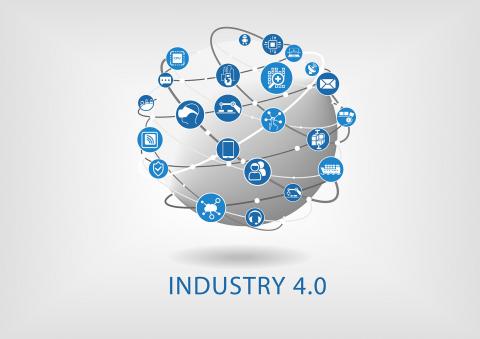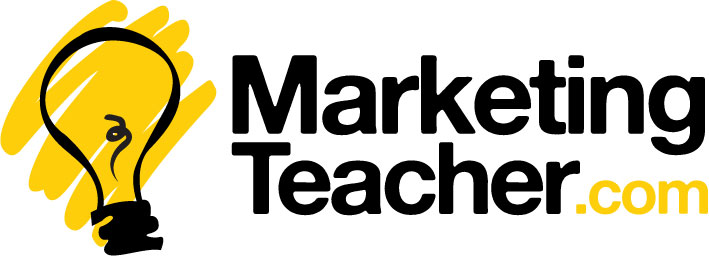Industry 4.0 is a term used to describe the current trend of automation and data exchange in manufacturing technologies. The concept is based on the use of digital technology and the Internet of Things (IoT) to create smart factories that can operate with a high level of automation and efficiency. In this article, we will explore the intersection between Industry 4.0 and marketing, and the benefits it offers for businesses.

The use of Industry 4.0 in marketing involves the integration of digital technology with marketing strategies to improve customer engagement and drive sales. The ability to collect data from connected devices in real-time is a key aspect of Industry 4.0, and this data can be used to inform marketing decisions and drive customer engagement. For example, data from connected devices can be used to create personalized marketing campaigns that are tailored to individual customers based on their preferences and behaviors.
Industry 4.0 can also be used to optimize the supply chain and reduce production costs. By using connected devices to collect data about production processes, manufacturers can identify inefficiencies and optimize the production process to reduce waste and improve efficiency. This can result in lower production costs and faster time to market.
Another benefit of Industry 4.0 for marketing is the ability to create new revenue streams through the use of digital technologies. For example, manufacturers can create new products and services that are based on the data collected from connected devices. This can lead to new business opportunities and increased revenue for the organization.
However, there are also potential challenges associated with using Industry 4.0 in marketing. One of the biggest challenges is around data privacy and security. Connected devices collect and transmit large amounts of data, including personal information. This data must be protected to ensure that it is not compromised or misused.
Another challenge is the complexity of implementing Industry 4.0 systems. The integration of digital technology and marketing strategies requires a high level of technical expertise, and many organizations may not have the resources or expertise to implement such systems.
To overcome these challenges, it is important for organizations to develop a clear strategy for implementing Industry 4.0 in marketing. This includes identifying the right devices and platforms, defining the goals and objectives of the implementation, and ensuring that the implementation is scalable and secure.
In conclusion, Industry 4.0 has the potential to transform the field of marketing by enabling the collection of real-time data and the integration of digital technology with marketing strategies. By improving customer engagement, optimizing the supply chain, and creating new revenue streams, Industry 4.0 can help businesses to improve their bottom line. However, to fully realize the potential of Industry 4.0 in marketing, it is important for organizations to overcome the challenges and develop a clear strategy for implementation.
References:
- Asemokha, A. P., & Eltayeb, T. K. (2017). Industry 4.0: challenges and opportunities for marketing. International Journal of Engineering and Technology, 9(1), 34-39.
- Gao, L., Bai, X., & Liu, Q. (2019). Industry 4.0 and marketing innovation: Theoretical underpinnings and research agenda. Journal of Business Research, 99, 365-371.
- Meier, H., Ziesemer, F., & Stargardt, O. (2017). Industry 4.0, smart factories, and network economy: A framework for future manufacturing. Journal of International Management, 23(6), 711-715.
- Porter, M. E., & Heppelmann, J. E. (2015). How smart, connected products are transforming competition. Harvard Business Review, 93(10), 96-114.
